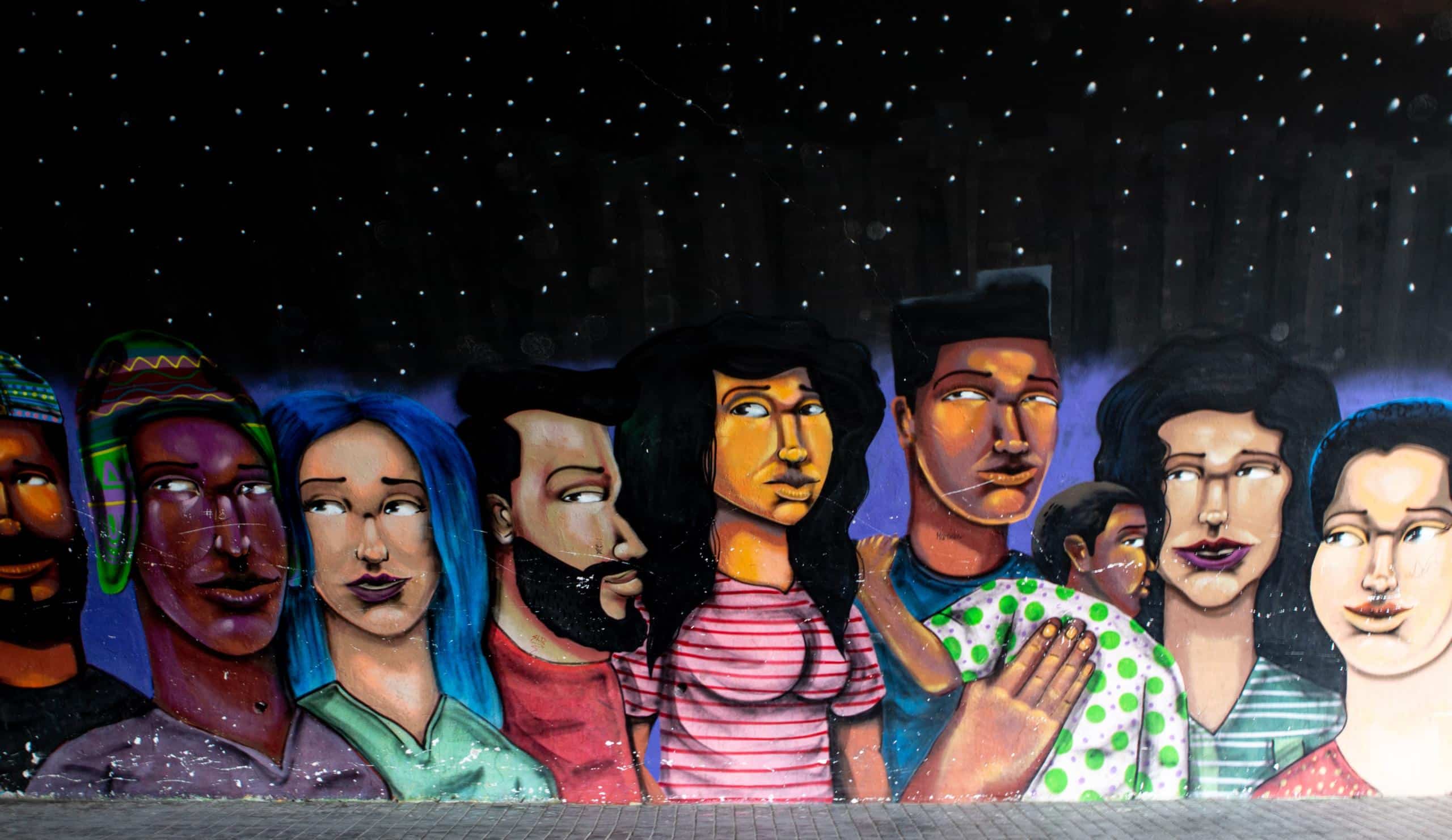"STEP OUT OF THE CAR"
Whilst most people don’t know speakers are installed in service stations, it’s already part of everyday life for Hannah and her family, getting warned by service station workers.
“Every time, we are now making fun of it every time we go to the servo by asking each other ‘do you think this servo will ask us to step out of the car and pay first?’” Hannah laughed.
“Because we are dark-skinned, and I always braid my hair, so the workers must think we were trying to steal the petrol.” ‘
“I always go in there and say, ‘why you don’t ask the lady over there to pay first?!’ It happens a lot.”


Xu
Editor
About our Guest:
Hannah is from Papua New Guinea. It’s been 15 years since she landed in Australia with her partner. Hannah is now working full-time as a customer support officer. She is now settled down in Perth and pursuing a Bachelor’s Degree in Psychology.
“Because of my visa and children, I was out of the workforce for a long time. My first job was housekeeping, it didn’t last long, only a few months. Then I started to do admin jobs, but none of the employment is over 8 months.”
“But I never struggled to look for jobs because of my educational background or skills. Although it’s hard to go back to the workforce or get a job with no long-term employment history.”
In Papua New Guinea, family is a foundation of support for most people. In the villages, households are generally made up of the nuclear family, and sometimes the husband’s parents. Extended kin commonly live in adjacent houses, and children may refer to having multiple mothers, fathers, and siblings. Reciprocity extends beyond the family network. People are obliged to share their income and possessions, such as food, as a symbol of loyalty to the family. (Culture Atlas)

A real culture shock
“I grew up in a culture where people share everything. No one cares about degrees, careers, money.”
“When I came to Australia, I felt a huge cultural shock. And I always felt awkward because of the things I’ve done, or I’ve said. It was hard at the beginning for me to fit in. I feel people judge silently about my skin colour. It’s subtle racism.”


(Australia Talks)
"It's not a joke, and I don't want people to joke about my race."

“I was at the shop with my partner. When we were checking out, my partner was talking to the lady behind the counter. I clearly heard the lady saying to my partner “Do you need to interpret for her? Does she speak English?” I said, “Me not understand”. And my partner was just laughing about it.”
“I finished Year 12 in Papua New Guinea, at an international school. My classmates were mostly white and blonde, my English was more advanced than most of theirs. So yeah, I can speak English and everyone in my country speaks English fluently. Because English is the second language in my country.”
Covert racism at work
Racism happens in the workplace now and then. In recent years, it becomes harder to detect. However, it’s consuming employees’ wellbeing, loyalty, and productivity. It’s racism, even it’s a ‘joke’.

Are you promoting covert racism at work?
Expecting colleagues with an Asian background to be good at numbers and be quiet. Feeling more challenged when an Asian-faced boss is exercising power. Assuming coloured colleagues from developing or undeveloped countries are not as qualified as your Caucasian workmates.
Seeking the “culturally fit” people instead of “culturally add.” Requiring workers from different cultural backgrounds to fit in local work culture as much as they can, but not even bother to understand their cultures.
Racism is not about what we are not allowed to do or say. It’s not restricting your behaviours. It’s about mutual respect, understanding, and kindness. Because cultures are never the same. And we should all work on fitting in each other’s life.
